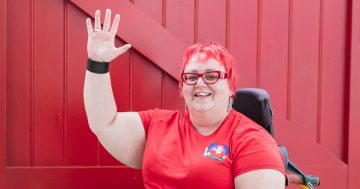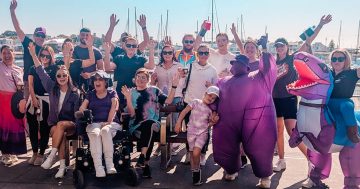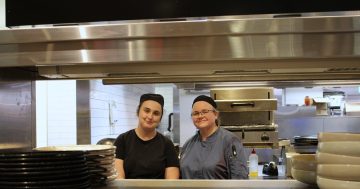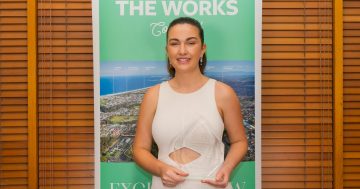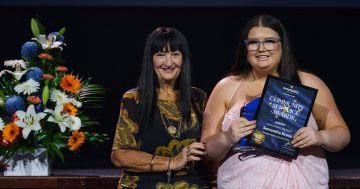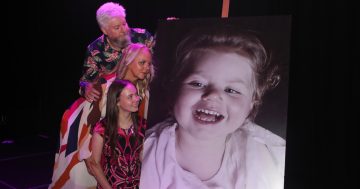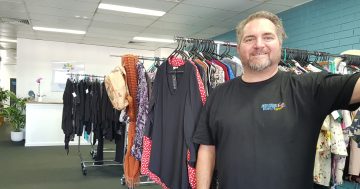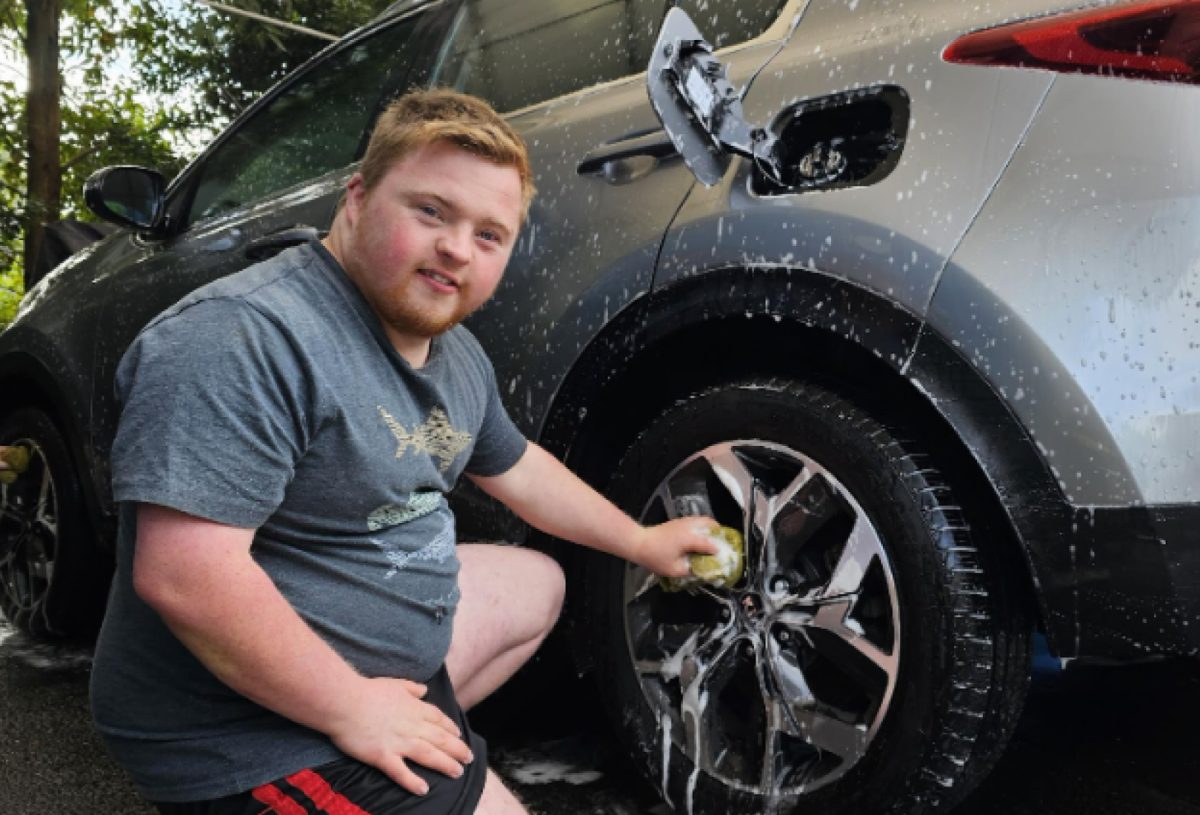
The Real Car Wash is one of the micro businesses part of Real Life Assistants. Photos: Supplied.
Two women, once hesitant to reveal their own disabilities due to the stigma of being “broken”, have turned their experiences into the thriving NDIS provider, Real Life Assistants.
Samantha Hill and Justine Leonard founded the Coniston-based business four years ago, which now employs more than 300 people, empowers individuals with disabilities, and is expanding into aged care services.
Justine said the business delivered support work, day-to-day skill building, support coordination and social groups, along with being a social enterprise that ran a number of micro and social businesses, supporting NDIS participants to learn skills to move into mainstream employment.
She said rapid growth had resulted in the launch of a hairdressing salon, kiosk, dog wash, car wash, lawn mowing, a handyman service, furniture reclamation, tip runs, a free drop-in community space and soon-to-be shop.
“In five weeks, we’re going to have a corner store, which is going to be half a commercial kitchen and half a corner store, so people can learn how to do stock take and point of sale,” she said.
“Then we also employ a few of our people to run groups.”
She said those groups ranged from photography to Dungeons and Dragons, and even a bipolar support group.
“Four years ago, we had three casual staff and seven participants and now we have just over 1000 participants, and we have 313 staff,” she said.
“Just over 65 per cent of our mainstream employees have a disability.”
A catalyst for the business was the pair working in the NDIS space and having disabilities themselves but struggling with the way things were being done by providers.
“We were originally looking at the employment space and how we could help people with a disability get a job,” Justine said.
“Then it just evolved from there to what we now have.”
Describing it as a “see a need, fill a need” organisation, she admitted few of the services provided came from their ideas.
“If a participant comes to us and says, ‘I would like to do this’, we’re like, ‘OK, let’s see how we can make that work,'” she said.
She said as more ideas came, the business kept growing.
“Every single thing we do has come about because a participant has come forward and said, ‘I want to start my own lawn mowing business’, or ‘I want to learn hospitality, because I want to learn how to make coffees in a coffee shop’… or ‘I have a real interest in D&D, and so now I want to be a dungeon master,'” she said.
“What we try to do is give the autonomy over how it develops and how it works back to participants or back to people with a disability, because then it’s far more likely that other people with a disability will be interested and also want to take part in it.
“We don’t know if there’s a gap until someone comes to us.”
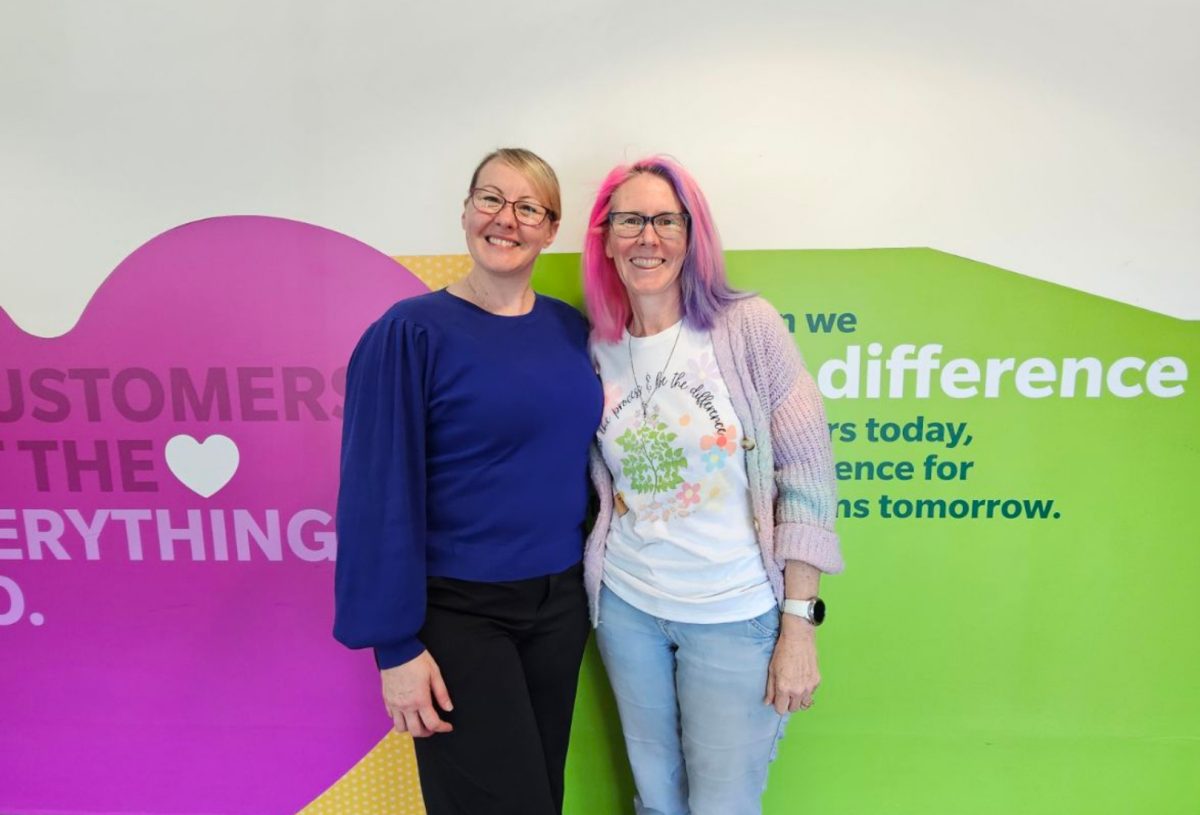
Real Life Assistants owners Samantha Hill and Justine Leonard.
However, that’s not to say they haven’t been inspired to start some of the services to fill their own needs.
“We’ve just gone into aged care and it’s specifically because my mum was getting her aged care package, and I wanted to make sure she was getting the right support,” Justine said.
“Everything we deliver in NDIS in terms of direct services – so lawn mowing, cleaning, transport, personal care and personal assistance – we’re able to also deliver to anyone who has an aged care package.”
Sam said that when she had cancer a few years ago and had to go through surgery, she needed at-home support to be able to function.
“Everything we do is open to the general public and the reason it’s like that is because we want to normalise having people with a disability working in mainstream roles,” she said.
“It’s really important that society and the community get used to people with a disability working alongside people without a disability.”
Justine admitted at the beginning they didn’t tell a lot of people about their disabilities.
“I had to in the end, because sometimes I use walking aids,” she said.
“You have that stigma for a very long time so you just don’t tell anyone.
“I worked for a long time and no-one knew I was autistic and no-one knew about my Ehlers Danlos. You just deal with it when you get home at night-time.”
Sam said they were now open about their disabilities to help break down barriers for participants and staff within Real Life Assistants.
“I think we’re very successful. We have university degrees. We run this really big business. So the people that work for us can go, well, I can do anything,” she said.
“I’ve been working in this sector for 20 years, and I found it very difficult because of the stigma associated with it.
“You go to CEO forums and you tell people you have autism, and people look at you like you’re broken.
“So I found it personally very difficult to get to a point where I was comfortable enough to actually tell people about my disability.”
That combination of firsthand experience and participant-led services saw the business hit its five-year goal within 18 months and 10-year goal at the three-year mark.
“The main goal is just to keep providing support and getting people out of supported employment into mainstream employment.”
Learn more about Real Life Assistants.









